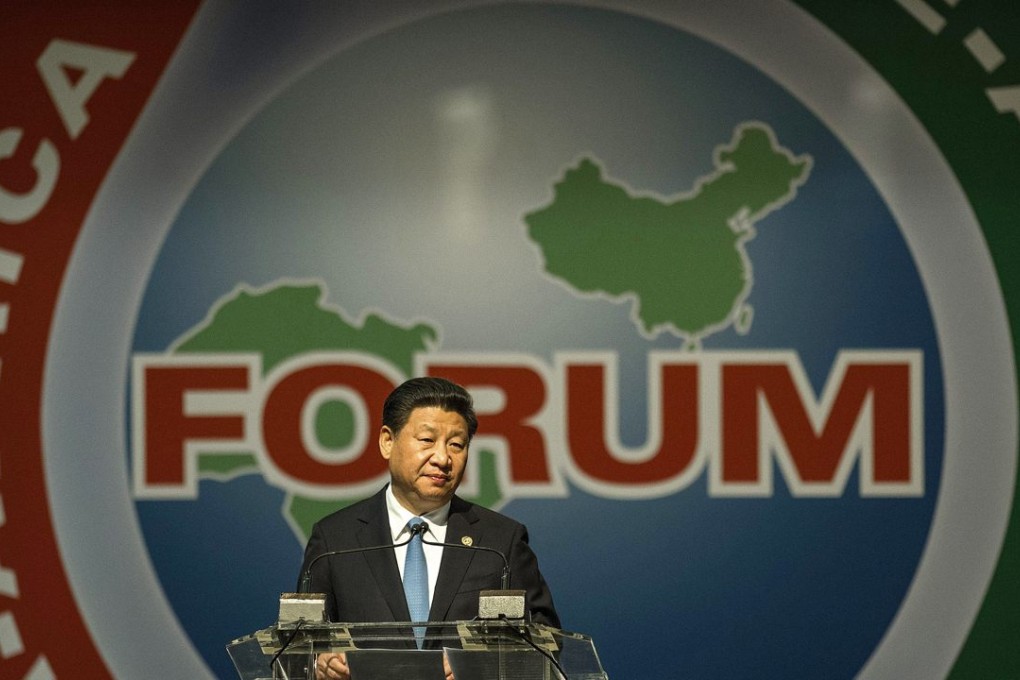Beijing’s pivot towards Africa
For decades, China has funnelled money into the continent, but President Xi Jinping’s visit suggests political ambitions have taken over from economic ones

China’s approach to winning friends around the world has long been characterised as cheque-book diplomacy, with big events overseas invariably accompanied by top-dollar deals.
But President Xi Jinping’s ongoing visit to Africa seems to point to a shift, with China more concerned about politics than pure economics.
In opening remarks at the China-Africa Forum, both Xi and his African counterparts described each other as trusted friends. Xi characterised Beijing’s ties with South Africa as that of “comrade and brother”, prompting many to speculate about a new type of relations between Beijing and Pretoria.
However, most analysts agree that no matter what label is used, ties between China and the continent have reached their strongest point yet.
“The visit and the China-Africa summit definitely symbolise that relations have reached a new and historic high,” said He Wenping, an expert on Africa at the Chinese Academy of Social Sciences.
Zhiqun Zhu, the director of the China Institute at Bucknell University in the United States, said that China obviously wanted to build “close relations with Africa as both sides share common interests in promoting development and building a multipolar, sustainable and just world system”.
China is Africa’s top trade partner, with some US$222 billion of goods and services changing hands in 2014. He said that with the goal of forging a strategic partner, Beijing would promise additional state-backed investment to help develop local economies.